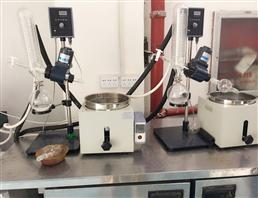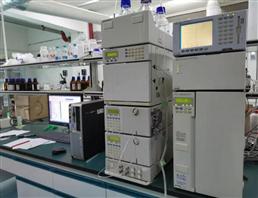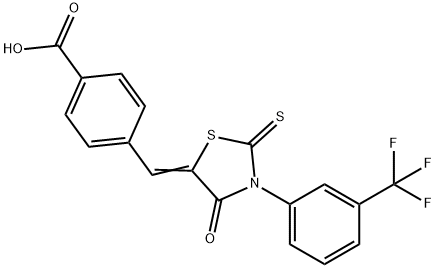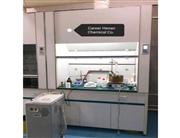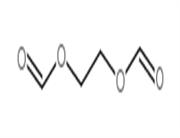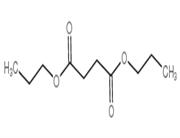Uses
The cystic fibrosis (CF) gene encodes a cAMP-regulated chloride channel, the CF transmembrane conductance regulator (CFTR). CFTR Inhibitor-172 is a thiazolidinone that selectively blocks the CFTR channel (Ki = 300 nM) in a voltage-independent manner. It appears to directly modulate the gating of chloride at the channel and does not prevent elevation of cAMP or inhibit other pumps or channels. In mice, CFTR inhibitor-172 prevents cholera toxin-induced fluid secretion in the small intestine, when given by intraperitoneal injection. It slows cyst growth in animal models of polycystic kidney disease. As CFTR also modulates glutathione (GSH) efflux, CFTR inhibitor-172 can affect intracellular GSH concentration and reactive oxygen species balance.
Definition
ChEBI: A thiazolidinone that is 2-thioxo-4-thiazolidinone which is substituted at position 3 by a (m--trifluoromethyl)phenyl group and at position 5 by a p-carboxybenzylidene group. It is an inhibitor of cystic fibrosis transmembrane con uctance regulator, a membrane protein and chloride channel in vertebrates that is encoded by the CFTR gene.
Biological Activity
Voltage-independent, selective CFTR chloride channel blocker (K i = 300 nM) that alters channel gating. Blocks intestinal fluid secretion induced by cholera toxin and Escherichia coli and suppresses cyst growth in animal models of polycystic kidney disease. Orally active. Inhibits mitochondrial respiration and increases reactive oxygen species (ROS) production independently of CFTR in several cell lines.

 China
China




